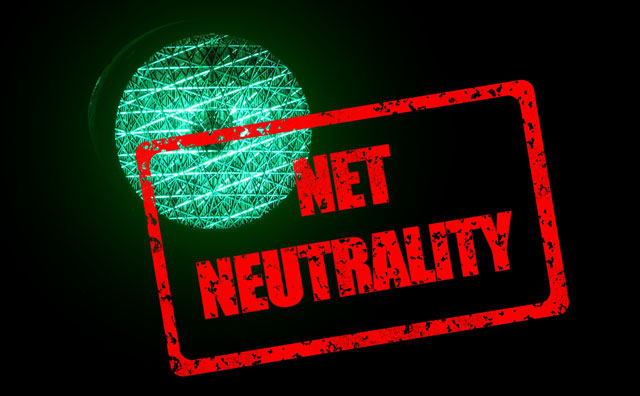
Government plans to enforce network neutrality on South African telecommunications operators and service providers to “ensure that all lawful and legal Internet traffic is treated equally, without discrimination, restriction or interference”.
The plan is contained in the national integrated ICT policy white paper, which will be published this week in the Government Gazette. The white paper will be used as the basis for crafting new legislation and amending existing laws.
“Government is committed to promoting net neutrality to preserve the free Internet and preempt possible unfair treatment by intermediaries,” the white paper says.
The sector regulator — currently the Independent Communications Authority of South Africa — will be required to hold an inquiry, in consultation with the competition authorities, into the extent to which regulatory intervention is required to uphold the principles of an open Internet, the document says.
“This should include an assessment of whether any unfair discriminatory practices are likely to be used in future and a review of horizontal and vertical integration and concentration across the Internet value chain.”
The regulator must make proposals and recommendations to the minister of telecommunications & postal services on whether changes to legislation will be required to reinforce net neutrality and, if so, what amendments will be necessary.
Among other things, the policy directs the regulator to consider if it will be necessary to introduce rules or guidelines on zero-rating, barring, throttling or paid prioritisation of traffic and, if so, what exclusions to this would be in the public interest (such as zero-rating of access to defined public interest content and services).
The objectives of the net neutrality framework, according to the white paper, include promoting the Internet as a platform for freedom of expression, access to information, innovation and economic growth as well as protecting the rights of users to freely access legal content, applications and services on the Internet and barring intermediaries from unreasonably interfering with or in any way disadvantaging users’ access to the Internet.
Another objective includes barring prioritisation of some traffic over other traffic in exchange for payment or other benefit of any kind. The framework must also allow providers to put in place reasonable traffic management practices to enhance quality of service for users while ensuring transparent and easily understandable information about such practices. — © 2016 NewsCentral Media




